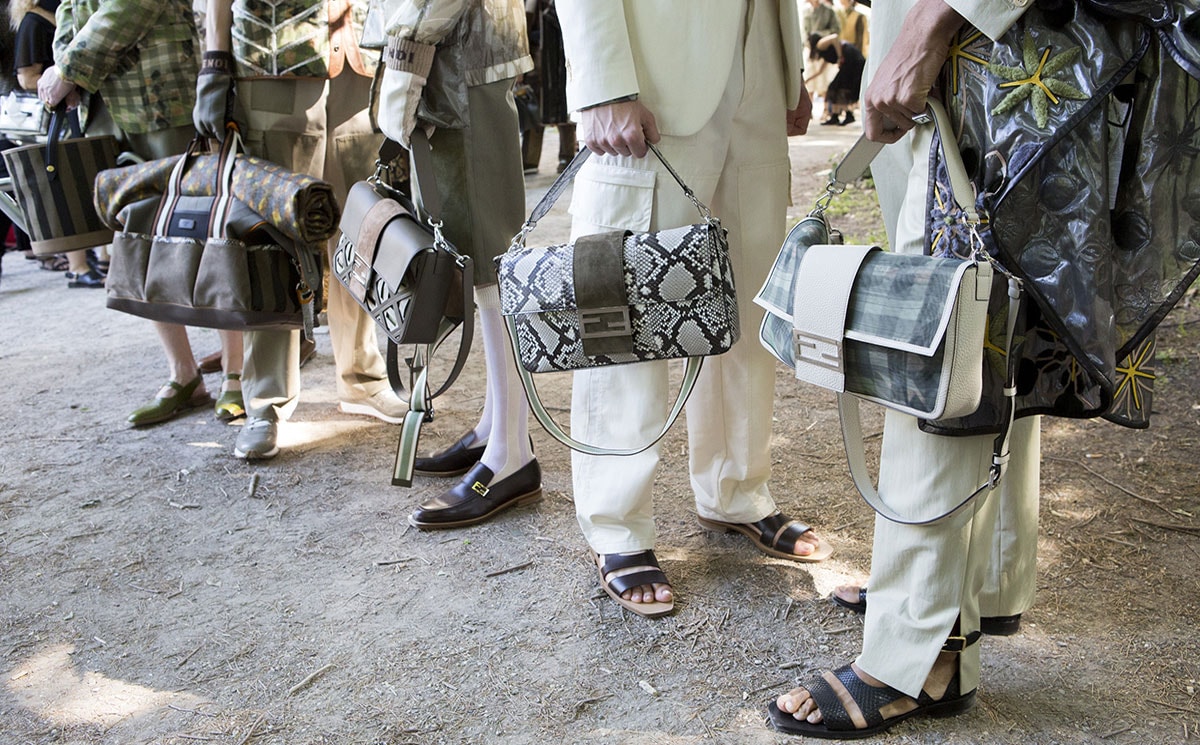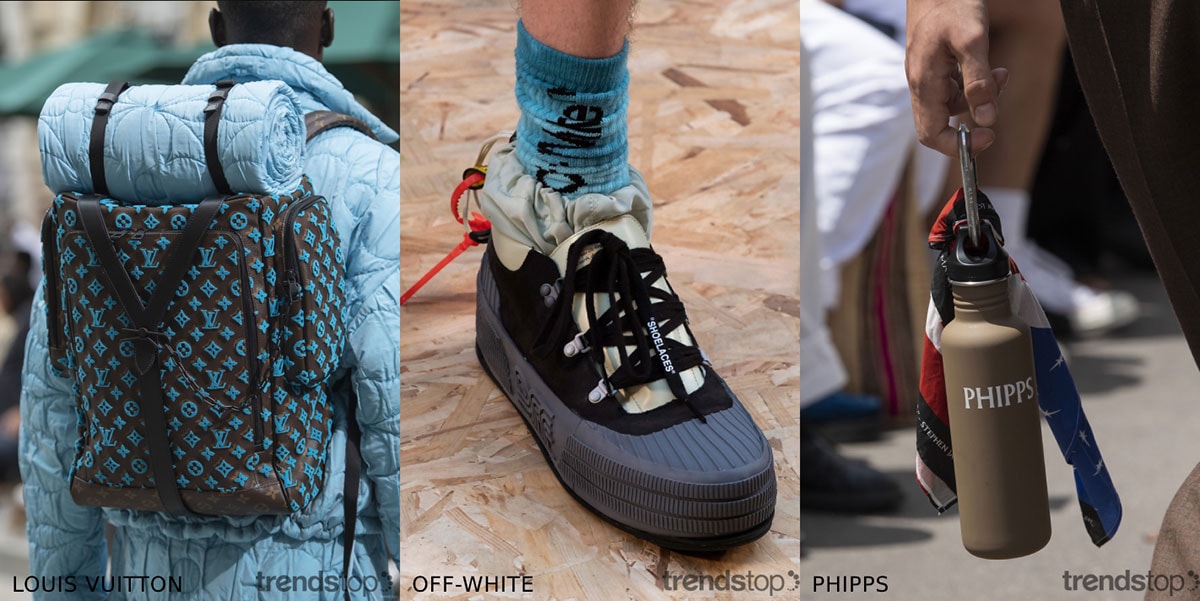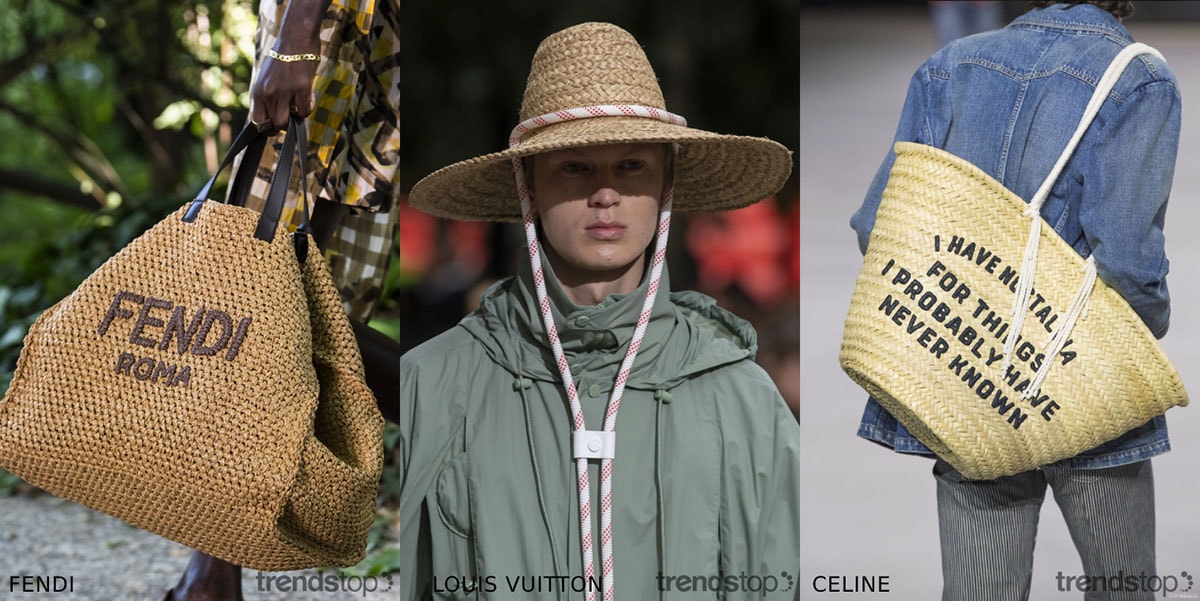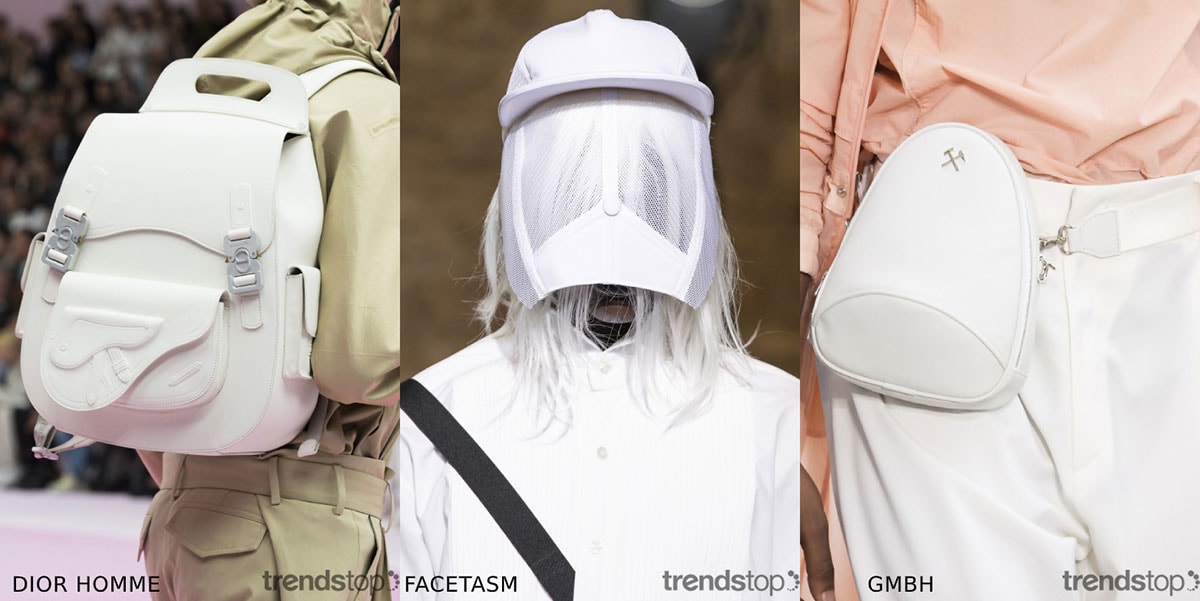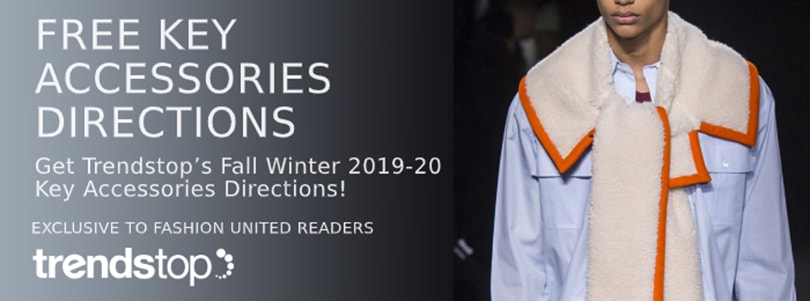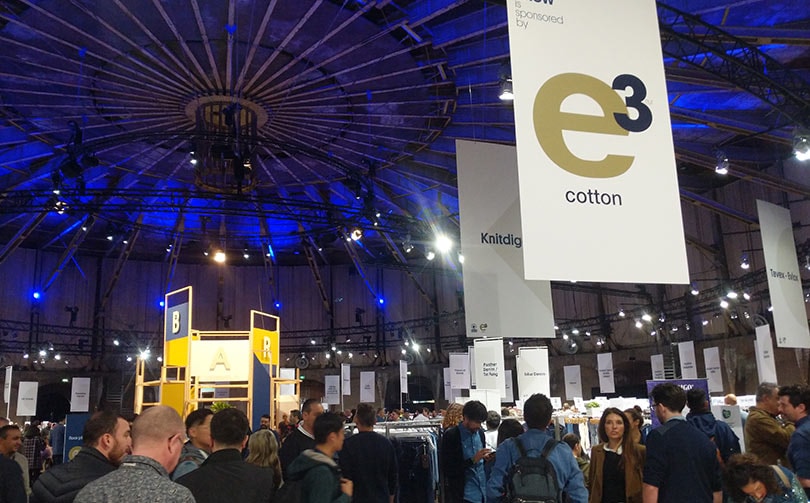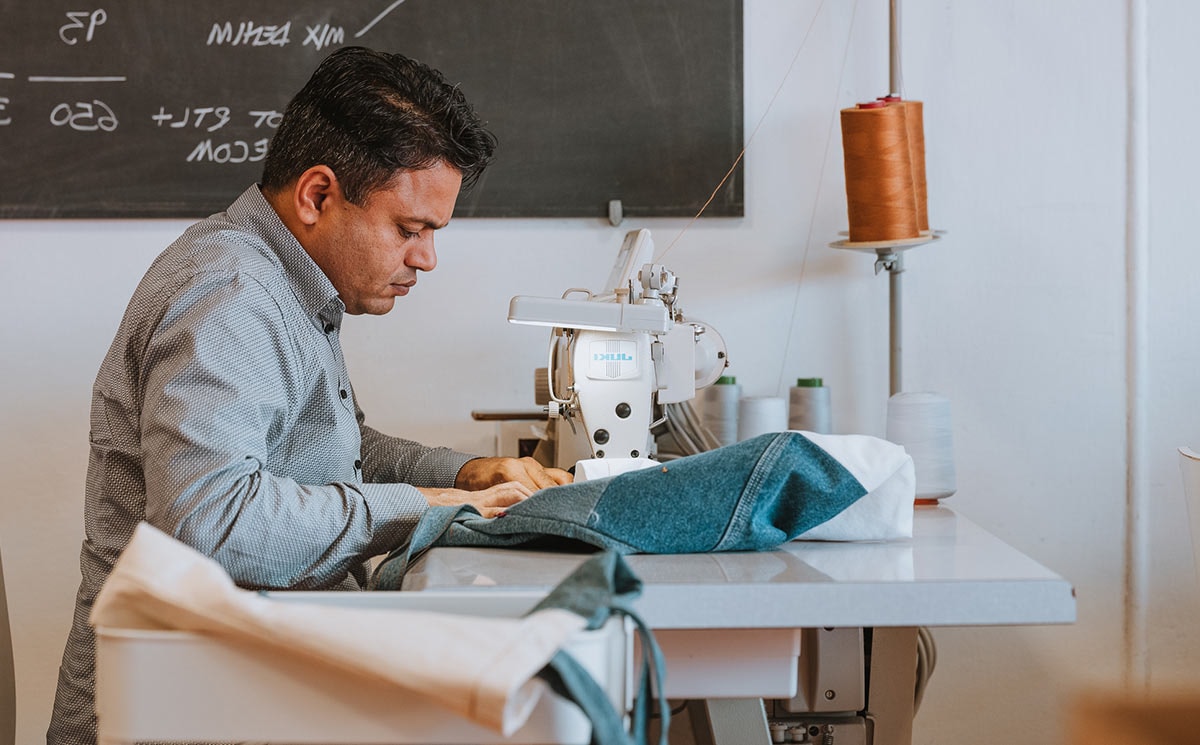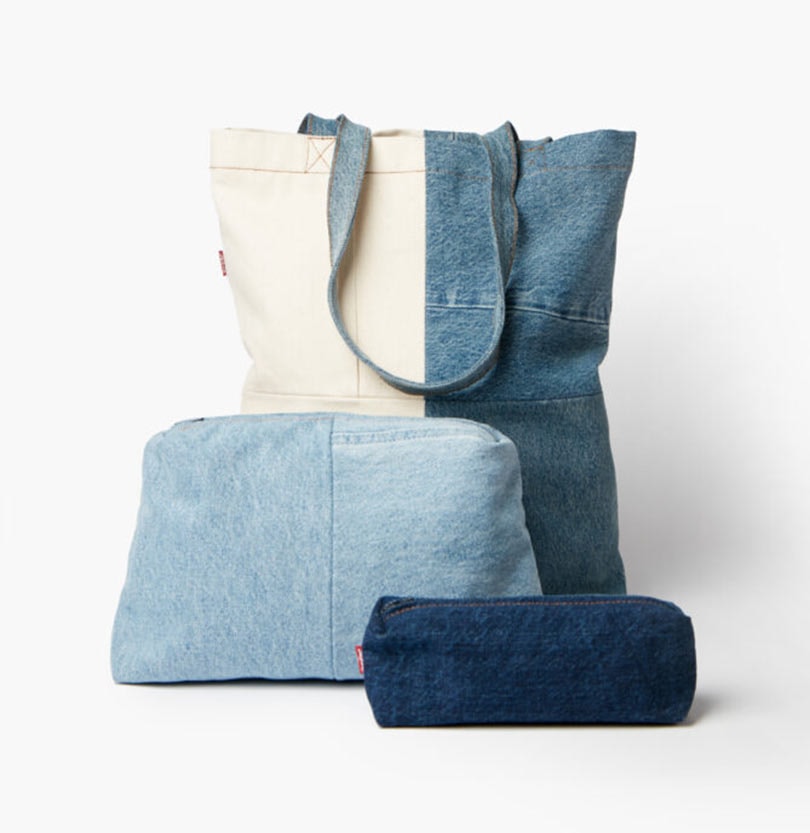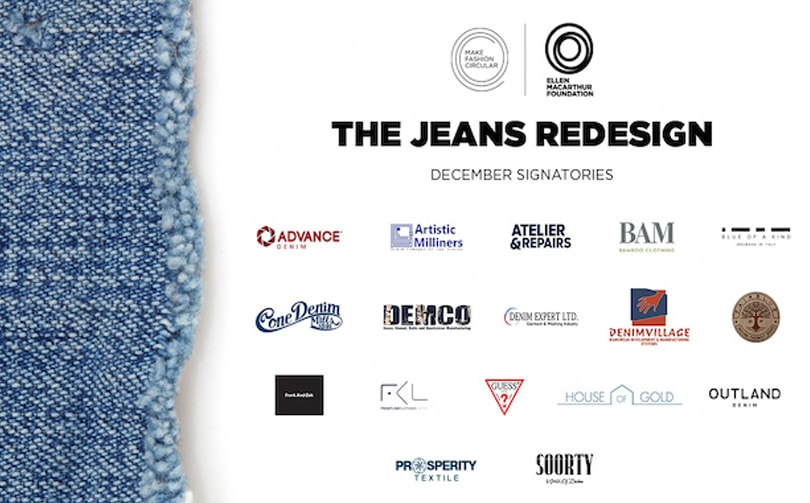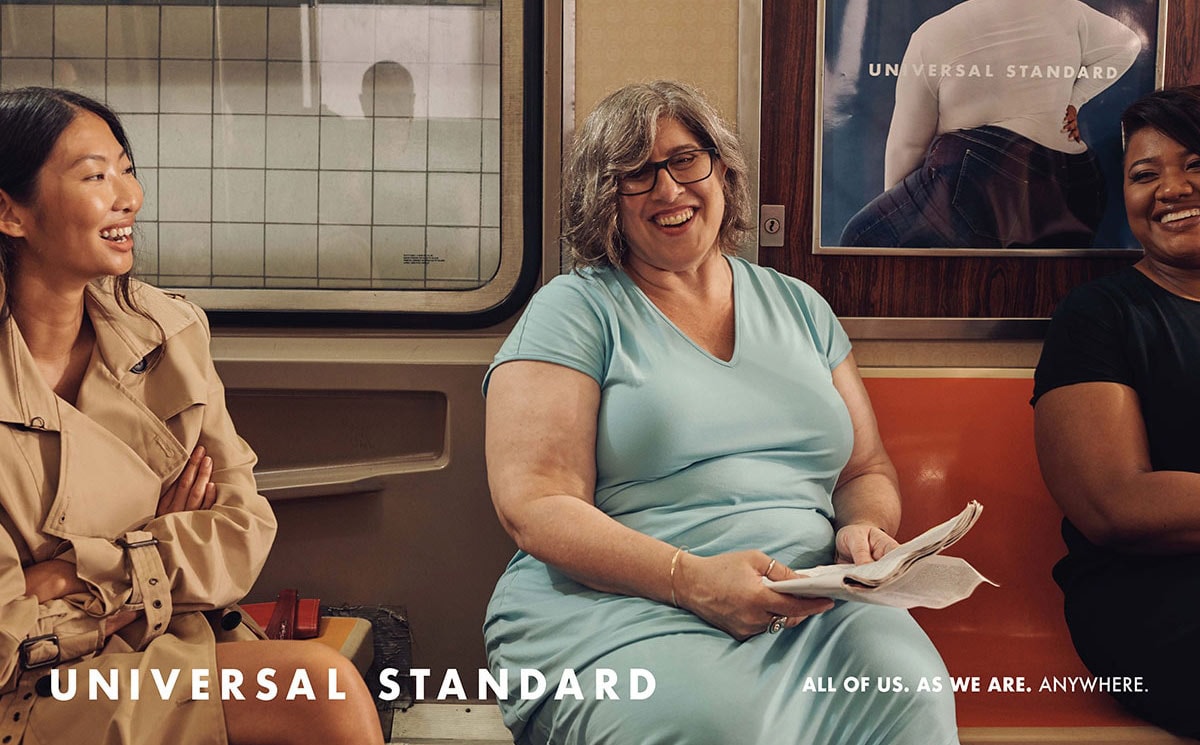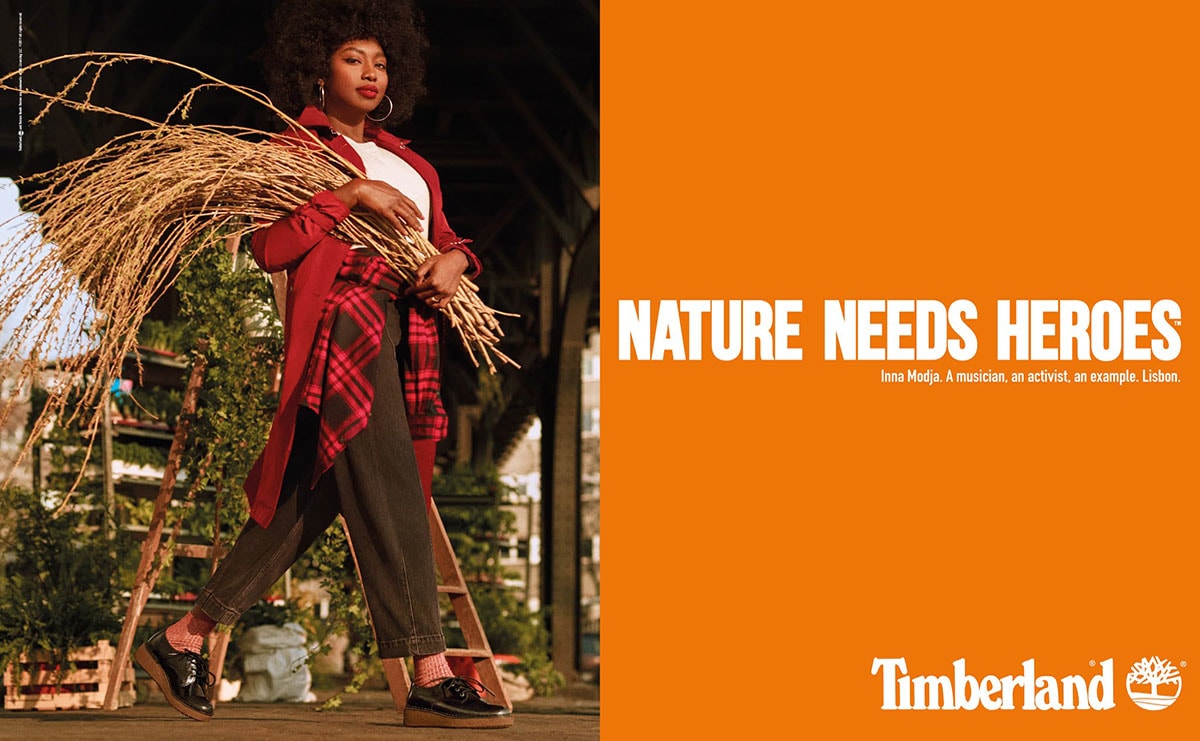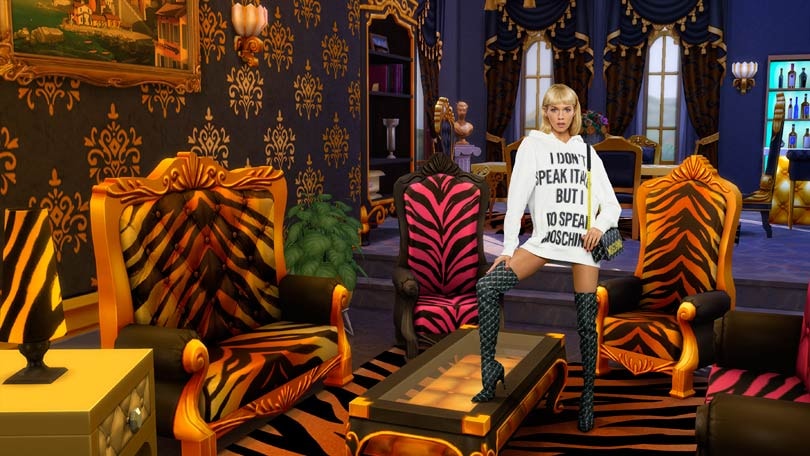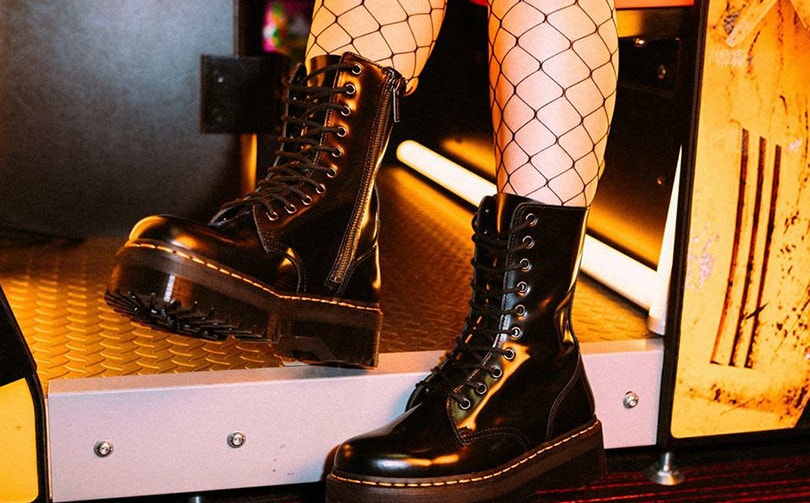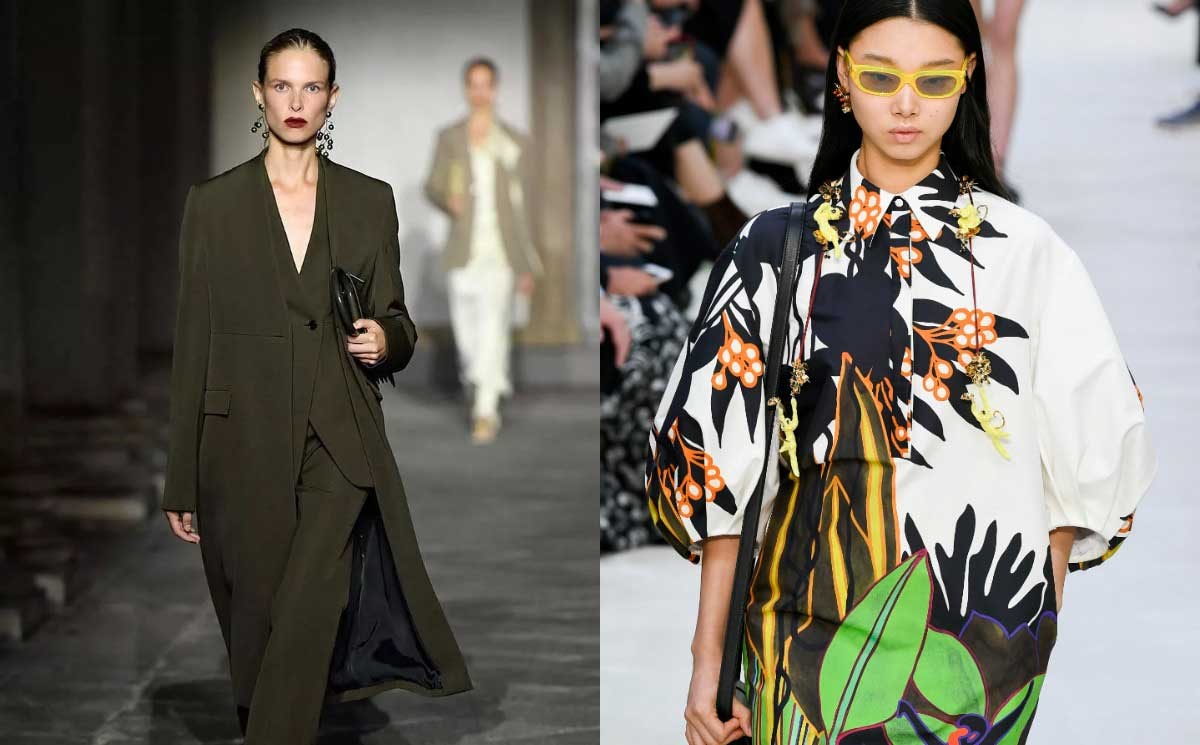
TRENDSEMINAR Green will be the fashion colour of summer 2021. At least, that's what trend forecaster Lidewij Edelkoort said last Monday during her semi-annual trend presentation 'Green Wave'. The event, organized by Appletizer, was styled with decor representing nature, scenes of gorgeous Dutch landscapes, ironically with a bustling highway in the distance. After a predominantly brown winter, which Edelkoort predicted for next autumn, she believes that a green summer is a logical continuation. This hue also includes shades of brown within green shades, such as discoloured grasses or new foliage on old branches.
It's an optimistic, cheerful green, Edelkoort said. For the first time in a long time she showed herself to be mildly positive about the future. Edelkoort: "So much is happening right now on the way to a sustainable future. See the growing resistance to buying events such as 'Black Friday'. Or when I look at my students: they are all working with new materials, new yarns, reusing clothes, making less, but better... that gives hope. This is a challenging and fun time. It's not scary."
Grass green, mint green, bottle green
The green for summer 2021 is a reflection of hope. Trend Union, Edelkoort's trend forecasting agency, has worked that green out in detail for the new books with colours, trends and forecasts. Books that give designers and product designers a foothold in their new collections. Inspiration is drawn from plants and leaves, vegetables, cacti and flowers. Edelkoort also referred to the exhibition on trees, which has been extended and can be seen until 5 January at the Fondation Cartier in Paris.
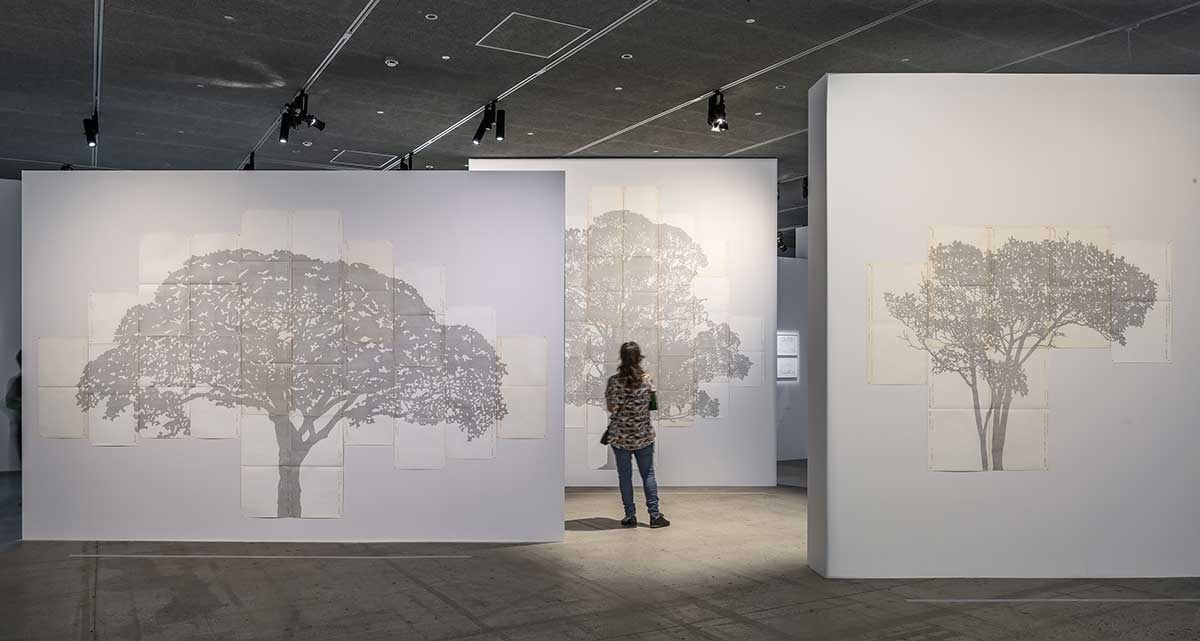
On the colour cards for spring / summer 2021 a broad spectrum of greens and complementary colours such as a diluted blue-green, but also tinted whites, red tones and yellows. Edelkoort expects a growing use of alternative yarns and fabrics such as nettle and pineapple, linen and even paper. "We need to reduce the use of cotton in the fashion industry and find alternatives to this water-consuming favourite fabric. This results in more tactility, stiff or fluffy soft fabrics; summary brocade and jacquard. New methods such as deep sea washing of denim; natural dyeing techniques with flowers or vegetables, for example textiles coloured with avocado.
Timeless basics of strong fabrics
In addition, the trend forecaster identifies a lack of new basics without much ado and challenges the fashion brands present, including many well-known names, to close that gap. "The need is growing for well made, timeless clothes made of solid materials." According to Edelkoort, a new modernism is on hands that focuses on simple clothes: aprons, skirts, straight jackets and trousers in sturdy fabrics. Edelkoort: "The British designer Margaret Howell, for example, does this very well. I see a growing interest in workwear among young people." Demin also fits in here, but a dark and heavier denim, without bleaching or tearing effects. "Not much variation is needed," she emphasizes. "A good design, one good jacket, is enough."
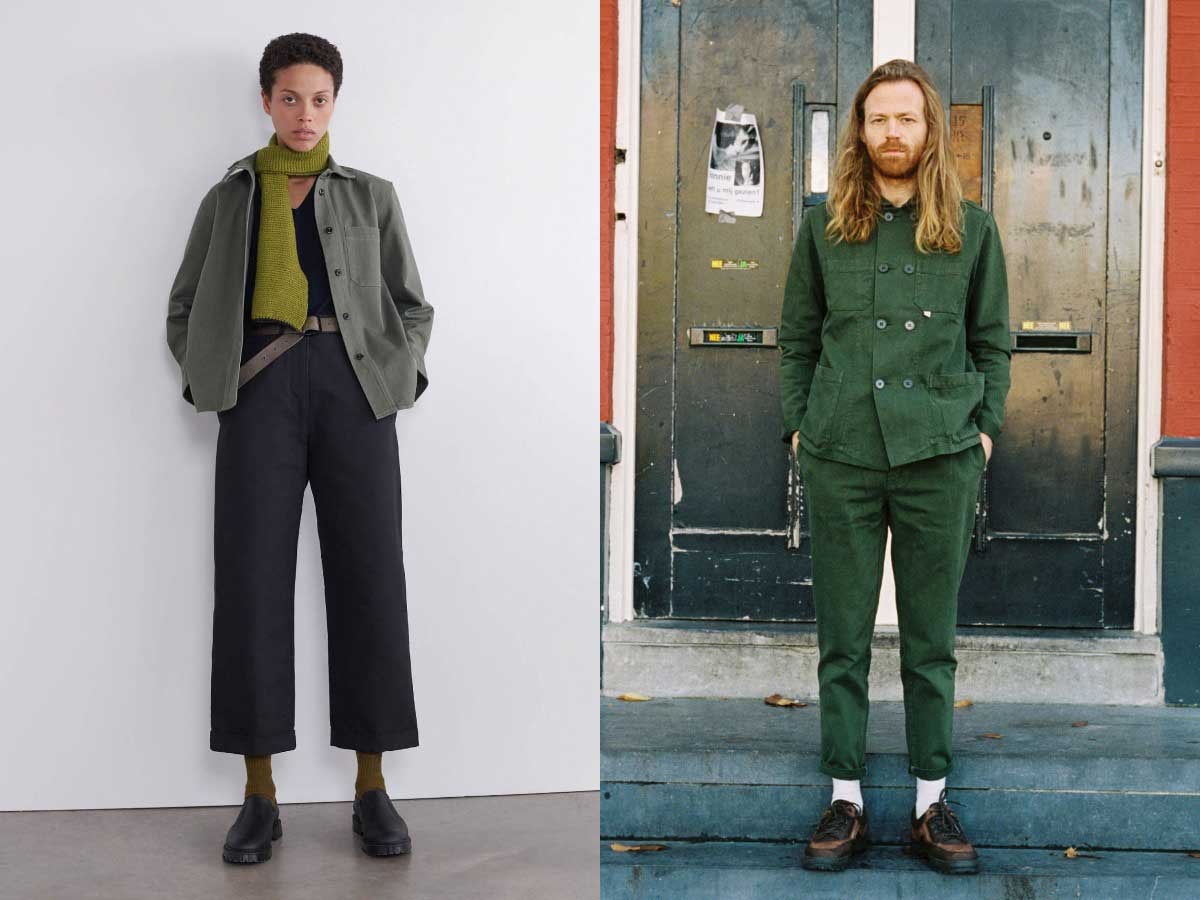
Is there no room in the summer of 2021 for floral prints and transparent fabrics, which have always been the main themes in the spring/summer season? "Yes, but less and more disguised," says Edelkoort. "A touch of romance fits very well in the new fashion." And that includes embroidered details, small prints and romantic undergarments.
Opening pictures: Jil Sander (l) and Valentino (r), spring/summer 2020, Catwalk Pictures
This article appeared on Tuesday 3 December on FashionUnited.nl, translated and edited.
* This article was originally published here
